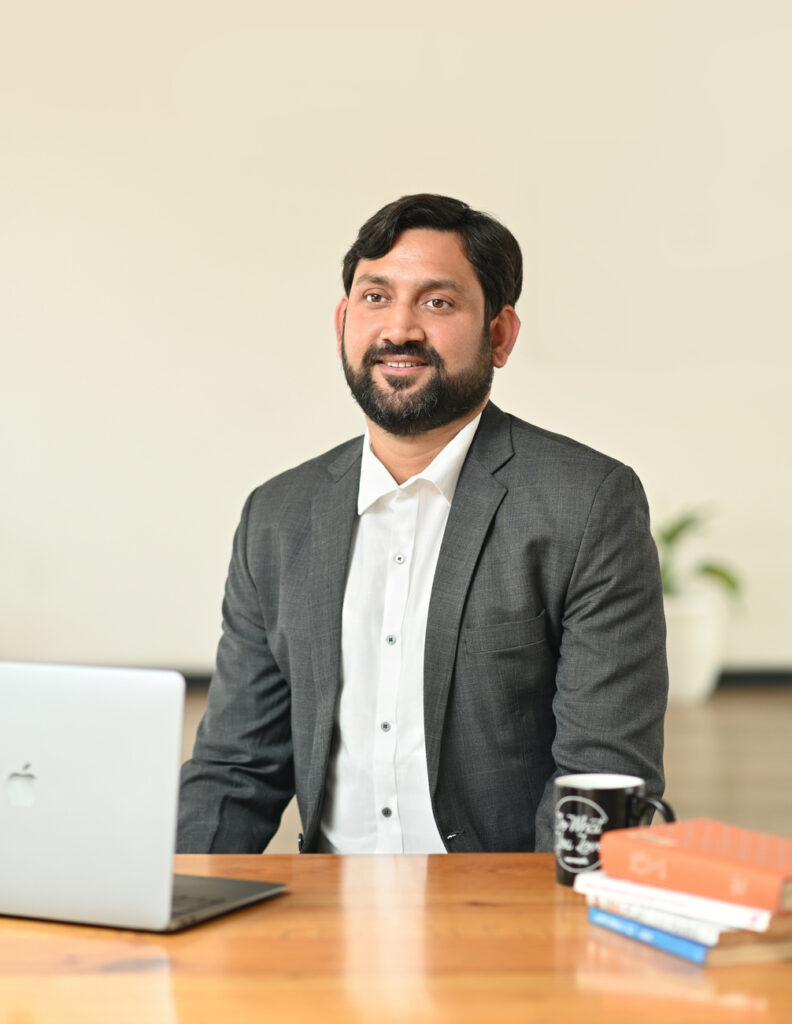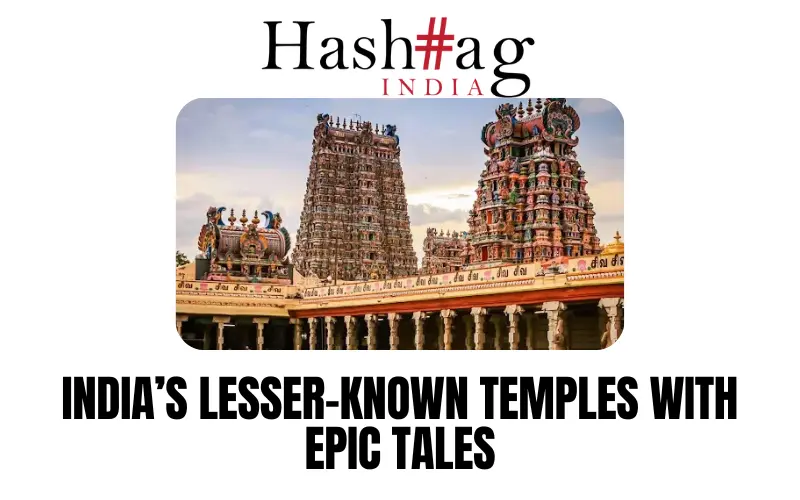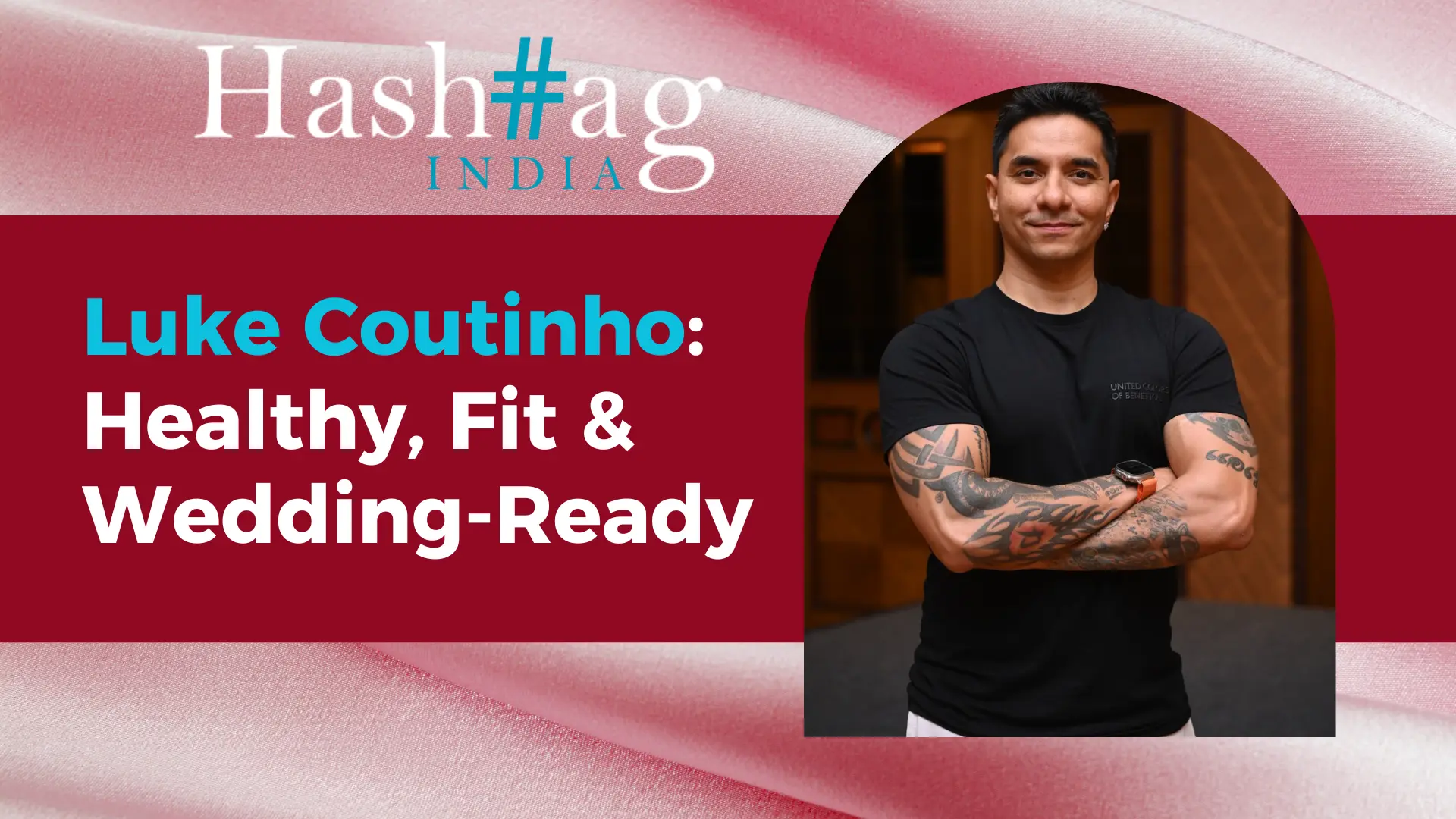Rashmi Gopal Rao in conversation with Himanshu Semwal, cofounder of VAMA, a one-stop shop for all your religious and spiritual needs

For many of us, visiting temples is synonymous with long queues, large crowds and feeling rushed when you get a chance to view God. It is not uncommon for one to have returned from a temple visit without obtaining the darshan of the deity. While this is certainly disappointing, it is key to note that this has become quite a norm due to a plethora of reasons including the exponential rise in the number of devotees and restrictions due to the recent coronavirus pandemic. That said, physically travelling to visit temples situated in far-off places may always not be feasible. Well, Himanshu Semwal, cofounder of VAMA has the answer to all such problems. Simply put VAMA (Virtual Astrology and Mandir App) is a one-stop virtual platform that offers a wide range of religious and spiritual services.
VAMA offers a number of services like astrology, e-puja and e-darshan services to its users
Marrying Technology and Faith
Established by Himanshu Semwal, Manu Jain and Acharya Dev in late 2020, VAMA was conceived with a vision to bridge the gaps between the hectic, technology-dominated lifestyles of Gen Z and their unmet religious needs. While Himanshu Semwal has over 14 years of experience in Telecom Marketing, Business Strategy, Product Innovation and Sales, Aacharya Dev is a third-generation astrologer who has spent the last decade delivering and managing astrology services for Indian telecom providers. Himanshu Semwal is a seasoned professional with more than a decade of experience in the telecom sector and other industries. He has been closely involved in building and executing content strategies for leading corporates and start-ups.

VAMA is a comprehensive online platform that allows devotees to perform e-pujas and mandir darshans from the comfort of their homes. With an array of religious verticals in place, VAMA is marrying faith with technology in order to mitigate the logistic obstacles faced by youngsters who cannot visit temples physically. “We realised there was a need to organise the faith-tech segment and deliver 360-degree virtual spiritual solutions to devotees on a single platform. Prior to VAMA, devotees would receive e-puja services via WhatsApp video calls that were not well-organized or followed a strict set of rules and regulations. With VAMA, one can perform any puja of their choice in any of the registered temples with complete transparency and proper guidelines. With the number of physical visits in temples slowly declining over the recent threats and more devotees shifting to the online medium, VAMA aims to capitalise on this growth potential of virtual footfalls over the next few years,” says co-founder Himanshu Semwal.
The app has so far enabled over 50,000 online consultations and is growing at a rate of 100% on a month-on-month basis.
Services galore
VAMA offers a number of services like astrology, e-puja and e-darshan services to its users. Any end-user can download VAMA’s app or visit its website to avail of the desired virtual spiritual services they are looking for. VAMA has partnered with over 30 temples which include some of the most popular temples such as Kashi Vishwanath in Varanasi, Shree Mangalnath in Ujjain, and Vindhyachal Devi Mandir, Naimisharanya Lalita Devi Mandir, Shiv Mandir all in Prayagraj and Hanuman Mandir in Ayodhya.
Devotees can avail the e-puja and e-darshan facility in these temples wherein they are allotted a time window during which the priest in the temple performs the ritual as per the booking for the specific puja or ritual. Devotees can attend this remotely through video call via the VAMA app or through the website. VAMA users have access to a number of virtual puja remedies and other services through the live-streaming feature on their app.

Users can also avail the services of astrologers and Vaastu experts through VAMA. The platform has over 300 experienced astrologers and other spiritual experts who offer genuine and customized consultations as well as best-in-class remedies to the users of the platform.
The journey so far and the future
The consumer app of VAMA was launched in August 2021 and since then it has witnessed an unprecedented increase in the monthly active users which is currently 1.5 lakh users per month. VAMA’s app is currently available on Android devices and has witnessed over 500K downloads on the Google play store. VAMA will also be available on iOS devices by the end of June 2022. The app has so far enabled over 50,000 online consultations and is growing at a rate of 100% on a month-on-month basis. The team plans to introduce live-streaming of darshan and aartis as well as the option for users to make online donations towards temples. They also plan to broaden the scope of their services this year by collaborating with over 200 temples and venturing into international markets such as the Middle East, USA, and Canada.


































